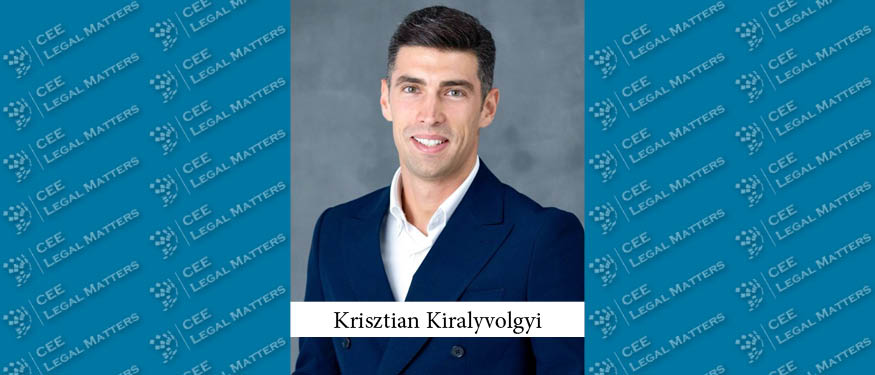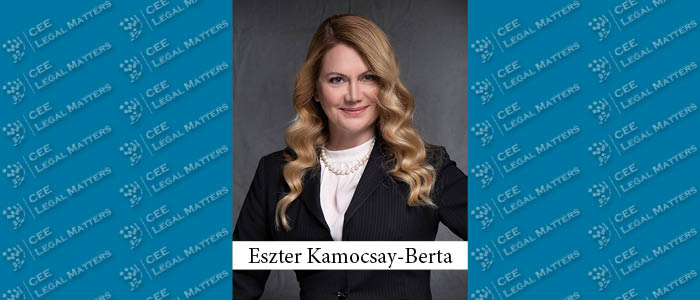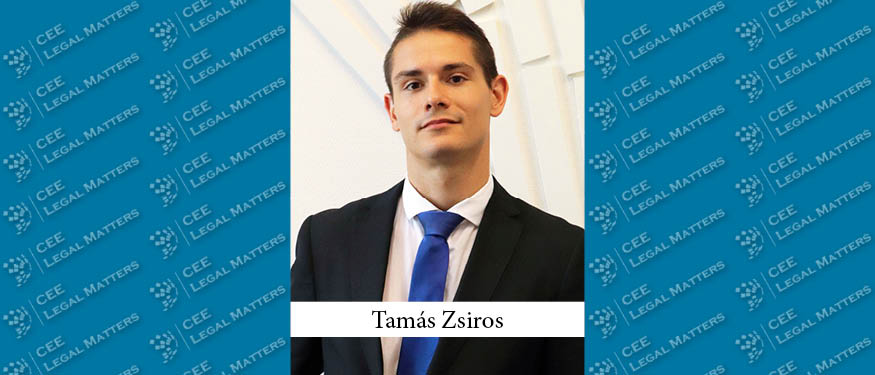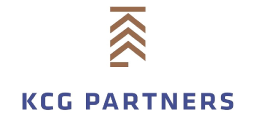Following the March 2025 amendment to Hungary’s Fundamental Law, which elevated the use of cash as a constitutionally protected right, significant legislative changes entered into force on 1 July 2025. These amendments aim to bring existing legal provisions in line with the constitutional recognition of the freedom to pay with cash, thereby guaranteeing that consumers can continue to choose their preferred method of payment, including cash, when purchasing goods or using services.
Employment Relationship Clarification Procedure in Hungary
Starting 1 July 2025, Hungary will implement a new procedure aimed at clarifying employment relationships and addressing cases where employers fraudulently evade taxes and social security contributions. The initiative is designed to protect employees while also reducing the administrative burden on employers.
Hungarian Court Declared a Foreign Currency Loan Invalid
In June 2025, a foreign currency (Swiss franc) loan agreement was annulled by the Pest Central District Court, since the creditor bank had failed to properly inform the debtor (who had been a consumer) about the exchange rate risk arising from the agreement. As a consequence, the whole agreement is invalid retroactively from the date of its conclusion, so that the bank is only entitled to recover the amount it lent to the debtor; beyond that, all repayments, interest and charges must be repaid to the debtor.
New FDI rules in Hungary
An FDI notification obligation arises if a foreign investor - whether from a third country (non-EU) or, in certain cases, from an EU Member State, EEA State, or Switzerland - acquires a shareholding or influence in a Hungarian company operating in a strategic sector, based on the Hungarian Government Decree 561/2022 (XII. 23.) on FDI rules.
Hungarian Parliament Closes Transaction Tax Loophole Used by Revolut and other Neobanks
The Hungarian Parliament adopted a tax package in June, amending the Financial Transaction Tax Act to close existing loopholes and ensure that all market participants are subject to the tax.
New Insurance Rules: Hungarian Chamber of Commerce and Industry Starts Enforcing Contractor Liability Coverage
Based on the provisions of Act C of 2023 on Hungarian Architecture (Hungarian Architecture Act), which entered into force on 1 October 2024, the liability insurance rules for contractors have changed. Contractors may now only undertake construction activities for which they have compulsory contractors' liability insurance, in addition to the previously introduced investments, subject to simple notification.
Krisztian Kiralyvolgyi Appointed to Partner at KCG Partners
KCG Partners has promoted Krisztian Kiralyvolgyi as Partner.
Stricter Environmental Penalties as of May 2025: New Rules for Corporations and SMEs
The Government of Hungary expects all investments to comply with the strictest environmental standards. Should companies fail to meet these requirements, fines will be imposed under the "polluter pays" principle. The new penalty regulation distinguishes between private individuals, small and medium-sized enterprises (SMEs) and large corporations.
Reduced Transfer Tax for Solar and Wind Power Plants – New Bill Brings Relief for Investors
In June 2025, the Hungarian Parliament adopted a bill proposing that the market value of solar and wind power plants be excluded from the base of real estate transfer tax. If adopted, this would reduce the financial burden for investors purchasing land with renewable energy infrastructure.
Important Changes in Civil Litigation
On 13 May 2025, the Hungarian Government submitted a bill to the Parliament on the amendment of several laws governing the justice system. The proposal could bring significant changes to civil litigation.
Legislative Boost for Energy Efficiency in Hungary
In April 2025, the Hungarian Parliament adopted significant amendments to the Act on Energy Efficiency, bringing about a major revision of the Energy Efficiency Obligation Scheme (EEOS). The new legislative package introduces a range of substantial changes aimed at accelerating the country’s transition toward a more sustainable and energy-efficient building stock while also providing a much-needed stimulus for the domestic construction and renovation sectors.
New Law on the Protection of Local Identity
On 11 June 2025 the Hungarian Parliament adopted the proposal on the protection of local identity, essentially drafted to safeguard the interests of local communities in Hungarian municipalities, which was also published in the Hungarian Gazette on 16 June 2025.
The Hungarian ESG Act Will Be Amended Once Again
On 17 June 2025, the Hungarian Parliament adopted a bill on the establishment of the central budget for 2026, which would amend several laws, including the Hungarian ESG Act.
Spring Tax Package 2025
The Hungarian Government’s Spring Tax Package adopted on 11 June 2025 introduced significant changes to tax legislation, aligning with international standards and strengthening domestic revenue strategies. The 91-page draft bill proposes multiple structural reforms to Hungary’s tax system. Several provisions previously regulated by Government decrees, such as the retail surtax and insurance tax, will now be incorporated directly into law. Additionally, new regulations are introduced and existing ones revised.
Companies May Have Six More Months to Comply with the NIS2 Directive
“To comply with the cybersecurity requirements of the NIS2 directive, affected businesses may get an additional six months to prepare,” announced the Supervisory Authority for Regulatory Affairs of Hungary (SZTFH) in a statement on 5 May 2025.
Unexpected Turnaround for Loan Agreements Denominated in Foreign Currencies
In Hungary, foreign currency-based loan contracts became popular in 2006, as they were available at significantly lower interest rates than their forint-based counterparts. However, during the 2008 financial crisis in Hungary, debtors who had previously signed a foreign currency loan contract (most typical case was the Swiss franc loan), found themselves in an extremely difficult situation, due to exchange rate fluctuations and the crisis. Many families' repayments have tripled, leading to mass foreclosures.
Transfer Pricing ’Task Force’ in Hungary
As of 2025, the Hungarian Tax Authority (NAV) has established specialized transfer pricing expert departments, indicating an increased focus and scrutiny on transactions between affiliated companies. The three new departments are located in Budapest and in the eastern and western parts of Hungary (one in each region) and have special competence regarding the complex transaction between affiliated parties within Hungary or cross-border alike.
Facial Recognition and Minor Offences: New Hungarian Law Raises EU Compliance Questions
In March 2025, the Hungarian Parliament enacted legislation expanding the use of facial recognition technologies in minor offence procedures. The law is a part of broader efforts aimed at enhancing child protection measures, but has sparked considerable legal debate due to potential conflicts with European data protection laws, including the General Data Protection Regulation (GDPR) and the forthcoming EU Artificial Intelligence Act.












